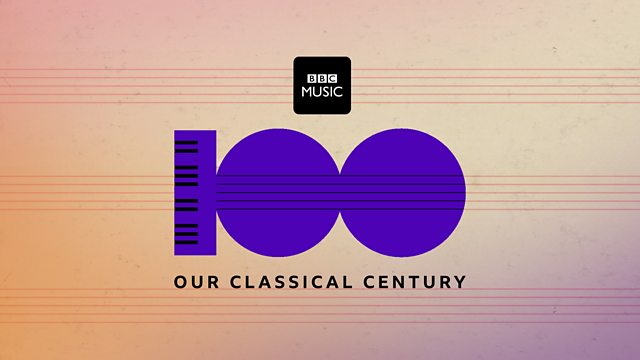
Edward Elgar: Cockaigne (In London Town)
"Cheerful and Londony, stout and steaky... honest, healthy, humorous, and strong, but not vulgar‚ÄĚ.
There was a full moon over London on the night of 10 May 1941. It was this moon which guided hundreds of Luftwaffe bombers as they snaked up the Thames from the east to deliver the last and deadliest air-raid of the Blitz, right in the heart of the capital.
Over 1,400 people died that night. The House of Commons Chamber was destroyed, the House of Lords badly damaged; so was the British Museum and Westminster Abbey. The fires covered more than twice the area of the Great Fire of 1666. The Queen’s Hall - London’s greatest music venue and the home of the Proms - took a direct hit and was completely destroyed.
The Queen‚Äôs Hall had stood at the top of Regent Street, its curved exterior matching those of All Souls Church and ¬ť∂Ļ…Á Broadcasting House. Its late Victorian opulence wasn't the only thing that audiences had loved about it: it had a fabulous acoustic too. The irony wasn‚Äôt lost on people at the time that the Luftwaffe had destroyed a temple to Austro-German culture: the front of the hall had been adorned with busts of Bach, Brahms, Weber and Beethoven, echoing the music which had been played inside for the 48 years of its existence.
Path√© News made this point by playing Wagner‚Äôs Die Meistersinger overture to accompany a newsreel film about the bombing. But the soundtrack then switched to Elgar‚Äôs Cockaigne Overture, a loving musical portrait of Edwardian London which took its title from an old nickname for the city (a name that also gave us the word "Cockney"). Elgar said when he wrote the overture in 1901: ‚ÄúI call it ‚ÄėCockayne‚Äô and it is cheerful and Londony, stout and steaky... honest, healthy, humorous, and strong, but not vulgar‚ÄĚ.
For the Pathé newsreader, the music of Cockaigne was "eloquently reminiscent of the London that was, and in spirit still is". "The home of music may be in ruins," he said, "but the music that found expression there is an imperishable thing."
This is one of 100 significant musical moments explored by ¬ť∂Ļ…Á Radio 3‚Äôs Essential Classics as part of Our Classical Century, a ¬ť∂Ļ…Á season celebrating a momentous 100 years in music from 1918 to 2018. Visit bbc.co.uk/ourclassicalcentury to watch and listen to all programmes in the season.
This archive recording features the ¬ť∂Ļ…Á Philharmonic with conductor Andrew Davis.
Duration:
This clip is from
Featured in...
![]()
The music of Our Classical Century—Our Classical Century
100 recordings to celebrate 100 years of exciting, inspirational, rule-busting music.
More clips from Our Classical Century
-
![]()
Step outside your musical tribe
Duration: 02:49



